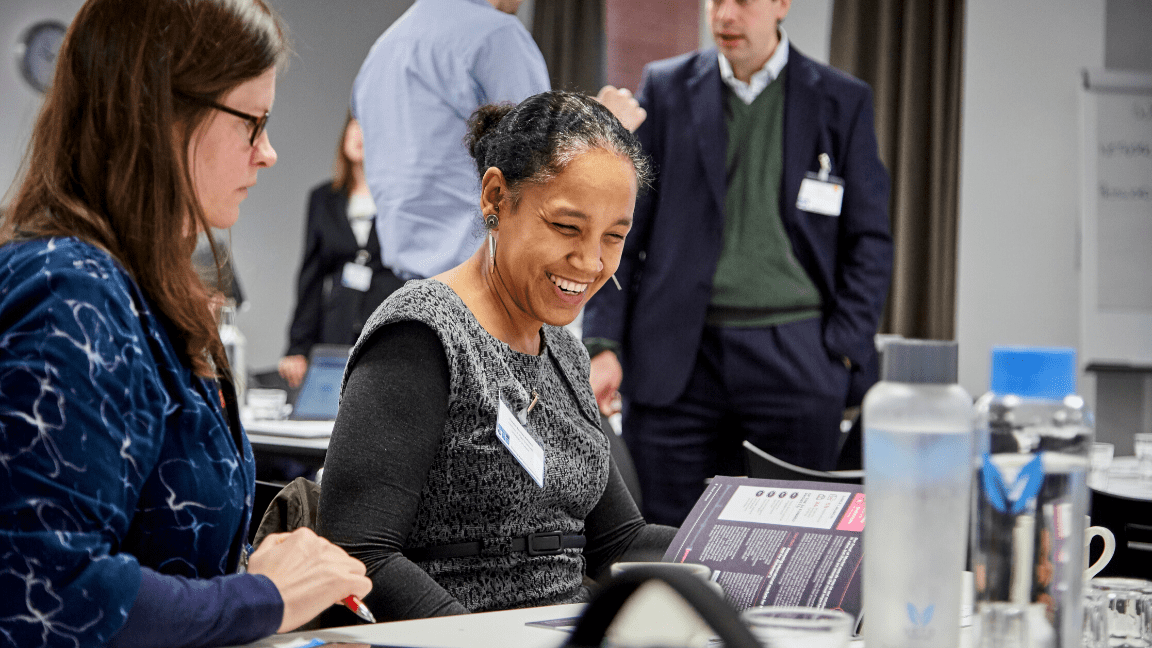Translate MedTech – The Role of Innovation in Health Economics
COVID-19 UPDATE |
26 MARCH 2020
We are currently exploring whether all remaining courses can be delivered online after having successfully delivered our Business Case Planning and Pitching course this way. You can still sign up for a place on this course, and anyone that has registered will be kept informed about its delivery.
This training course aims to raise awareness of the role of health economics in the development of new technologies, and to help researchers understand how health economics can be used at all stages of the innovation pathway. It will also offer opportunities to gain insights into technology development through activities and discussion.
Open to academics, researchers, clinicians and industry representatives, the one day course will cover:
- The basic principles of health economics
- The use of health economics in the development of technologies
- How health economics feeds into the National Institute of Health and Care Excellence (NICE) framework
By the end of the day you will:
- Have a greater understanding of the role of health economics in the development of new health related technologies
- Use health economics in order to promote more efficient innovation
Book now to avoid disappointment
This course is free to staff and postgraduate research students at Translate MedTech partner universities (Bradford, Huddersfield, Leeds, Leeds Beckett, Sheffield Hallam and York). Places for industry and clinical representatives are available at a cost of £300, please email Mohua Siddique to secure your ticket. Book now to avoid disappointment
The training course will be run by David Meads and Armando Vargas-Palacios of Academic Unit of Health Economics at the University of Leeds.
About the Academic Unit of Health Economics
The Academic Unit of Health Economics (AUHE) has a wide portfolio of applied and methodological research projects funded by the NIHR, research councils, charitable organisations and industry.
They use a variety of economic and econometrics methods to explore health-related cost effectiveness, efficiency and inequalities. AUHE engage with policy makers, clinicians, clinical scientists, basic scientists, patient groups and other applied health researchers.
Their research is multidisciplinary and based on strong collaborations across Leeds, other UK institutions, and internationally.

